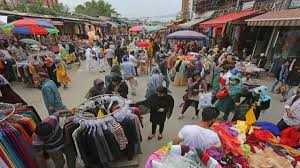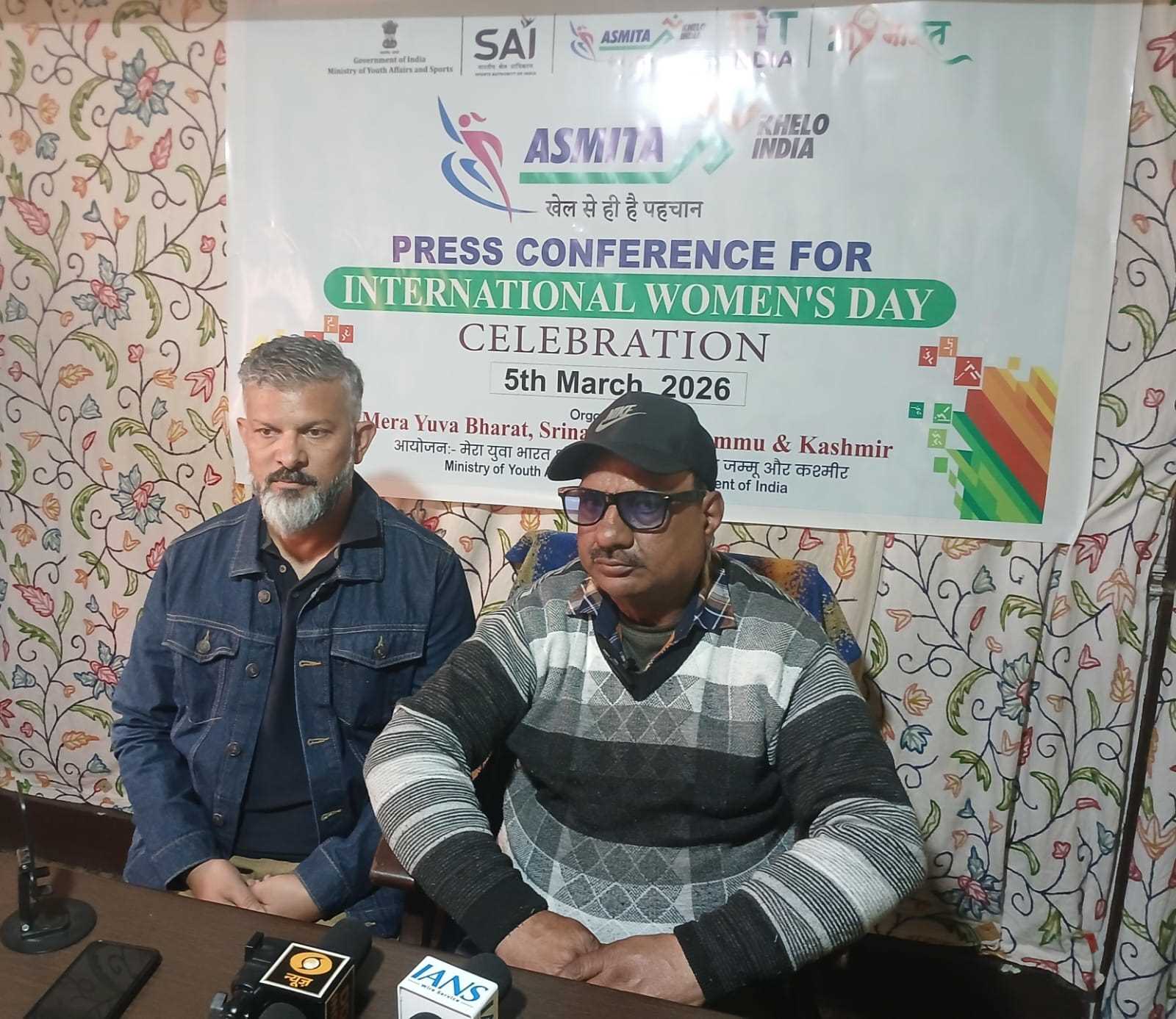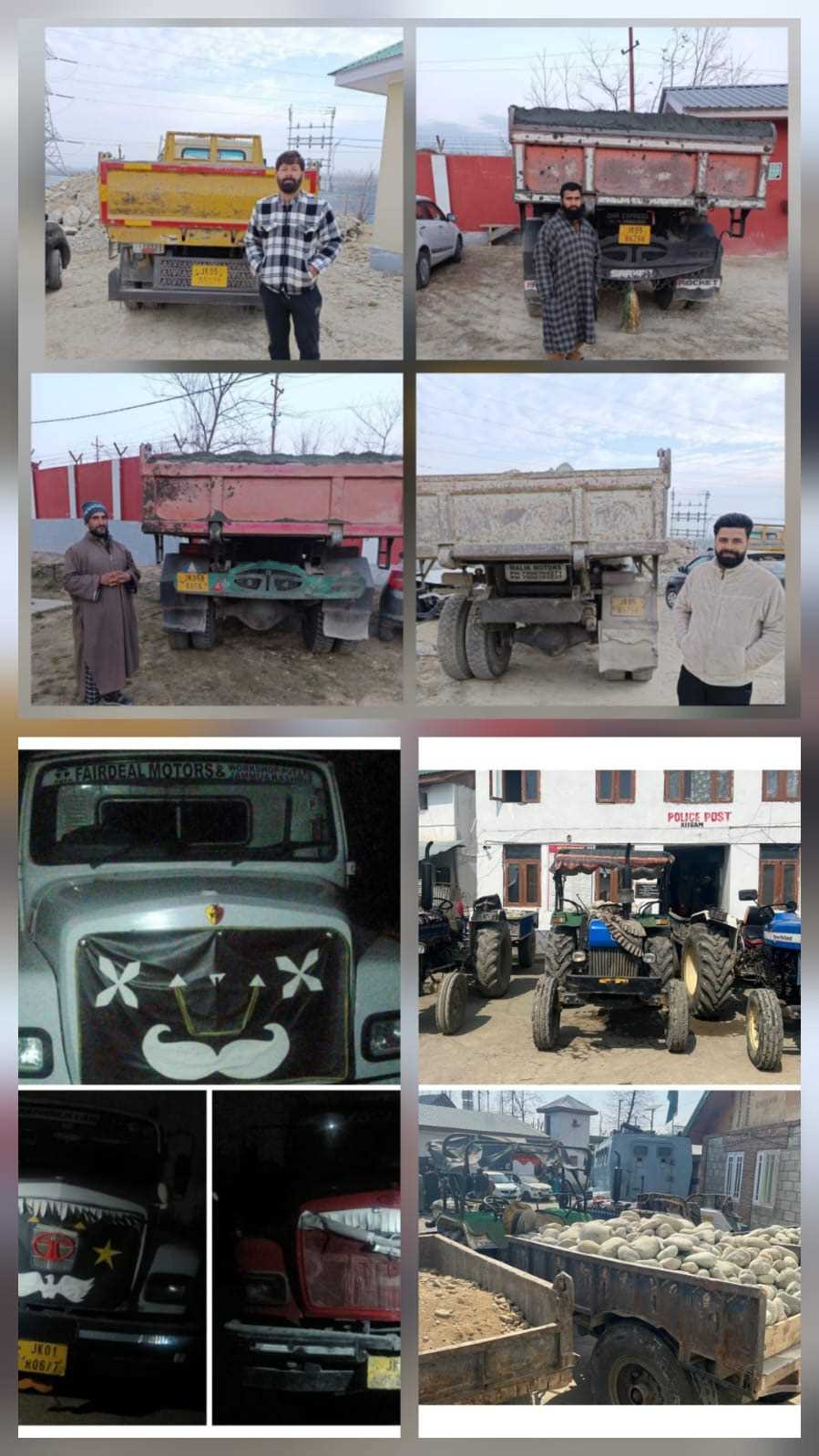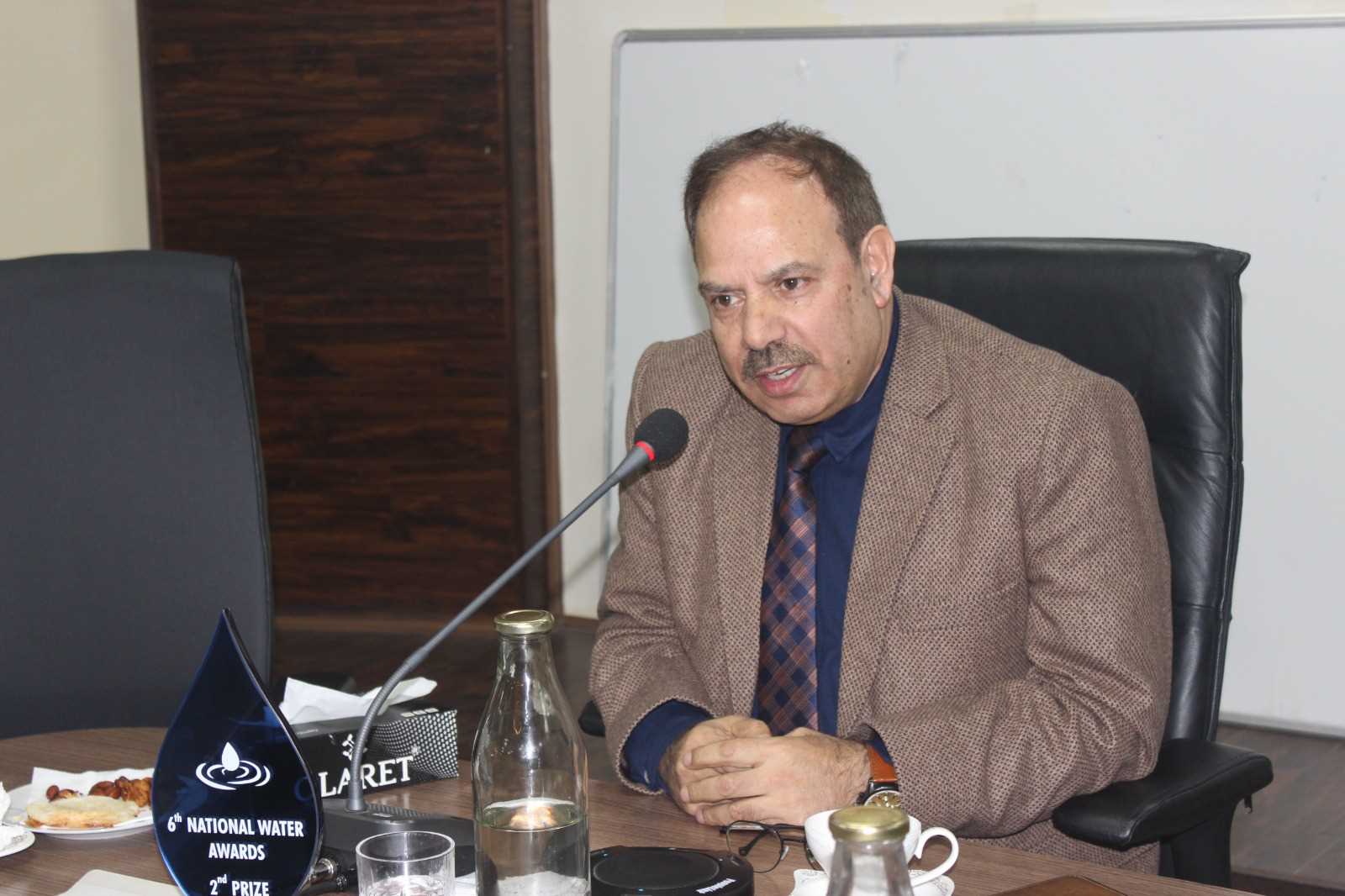
This year's Eid-ul-Adha celebrations in Srinagar were characterized by a noticeable absence of the usual festive fervor. While the region observed the festival with traditional rituals, the atmosphere was marked by a sense of restraint and reflection.
The historic Jamia Masjid in Srinagar, a central place of worship, remained closed for the sixth consecutive year during Eid prayers. Administrative restrictions prevented the congregation from holding prayers at the scheduled time, leading to expressions of disappointment among the faithful .
Despite the challenges, other mosques and shrines across the region hosted Eid prayers, with the Hazratbal shrine witnessing one of the largest congregations. The faithful gathered to offer prayers for peace, prosperity, and communal harmony.
However, the economic impact of the ongoing restrictions was evident. Mutton dealers reported a significant downturn in sales, with many struggling to sell their stock. One dealer mentioned having sold only half of the 204 sheep brought from Sonamarg, highlighting the financial strain on local businesses .
In the markets, while there was an increase in foot traffic, the purchasing power of consumers appeared diminished. Shopkeepers noted a decline in sales, attributing it to economic constraints and the lingering effects of previous years' challenges .
Despite these challenges, the spirit of Eid was evident as families gathered to share meals, offer sacrifices, and extend goodwill to neighbors. The subdued celebrations reflected a community resilient in the face of adversity, holding onto traditions while navigating the complexities of the current socio-economic landscape.n
As the region moves forward, the hope remains that future Eid celebrations will witness a revival of the vibrant atmosphere that once characterized these occasions, with a return to normalcy and prosperity for all.



This year's Eid-ul-Adha celebrations in Srinagar were characterized by a noticeable absence of the usual festive fervor. While the region observed the festival with traditional rituals, the atmosphere was marked by a sense of restraint and reflection.
The historic Jamia Masjid in Srinagar, a central place of worship, remained closed for the sixth consecutive year during Eid prayers. Administrative restrictions prevented the congregation from holding prayers at the scheduled time, leading to expressions of disappointment among the faithful .
Despite the challenges, other mosques and shrines across the region hosted Eid prayers, with the Hazratbal shrine witnessing one of the largest congregations. The faithful gathered to offer prayers for peace, prosperity, and communal harmony.
However, the economic impact of the ongoing restrictions was evident. Mutton dealers reported a significant downturn in sales, with many struggling to sell their stock. One dealer mentioned having sold only half of the 204 sheep brought from Sonamarg, highlighting the financial strain on local businesses .
In the markets, while there was an increase in foot traffic, the purchasing power of consumers appeared diminished. Shopkeepers noted a decline in sales, attributing it to economic constraints and the lingering effects of previous years' challenges .
Despite these challenges, the spirit of Eid was evident as families gathered to share meals, offer sacrifices, and extend goodwill to neighbors. The subdued celebrations reflected a community resilient in the face of adversity, holding onto traditions while navigating the complexities of the current socio-economic landscape.n
As the region moves forward, the hope remains that future Eid celebrations will witness a revival of the vibrant atmosphere that once characterized these occasions, with a return to normalcy and prosperity for all.
© Copyright 2023 brighterkashmir.com All Rights Reserved. Quantum Technologies